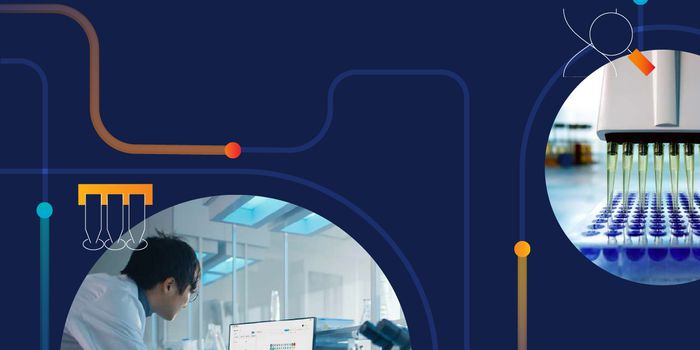IV Treatment for Traumatic Brain Injury
Scientists are now using exosomes intravenously as a method of cell-to-cell technology for treating patients with traumatic brain injury (TBI). They discovered that exosomes inside brain cells carry messages to the brain and can reduce and possibly avert the development of TBI. Findings of the study, published in Neurotrauma, outlines the steps in industry development and commercial manufacturing of the first regenerative TBI-IV treatment therapy.
“The technology takes full benefit of the desirable properties of a neural stem cell therapy without introducing cells into patients,” said Steven Stice, Georgia Research Alliance Eminent Scholar and D.W. Brooks Distinguished Professor in the College of Agricultural and Environmental Sciences. “We are working toward a therapeutic that has a multifunctional promise to repair brain injury and be producible in a cost-effective, off-the-shelf drug format.”
The technology contains bio-manufactured exosomes that can be stored at room temperature and injected to the vein when needed. Once in the body, the exosomes become message mediators between other cells. The efficacy and safety of the technology was tested in rats and was shown to improve brain functionally after a TBI.
“Mechanistically, TBI is a physician’s nightmare,” said Lohitash Karumbaiah, associate professor of regenerative medicine in UGA’s College of Agricultural and Environmental Sciences and one of the publication’s lead authors. “Because there are so many things going on in the brain, you can’t really exactly pinpoint what is going wrong, and without therapies to immediately improve recovery, the situation becomes extremely complex.”
Traumatic brain injuries have a differing amount of symptoms according to the severity of the injury and thus, may pose challenging to detect. Therefore, researchers are hopeful that the novel treatment can be administered immediately when a TBI occurs.
Learn more about traumatic brain injuries (TBI):
“Administrating exosomes into a patient’s IV drip would always be preferable to invasive brain surgery,” Karumbaiah said. “What we can do is give physicians a fighting chance to regulate the inflammatory response of TBI, rather than trying to treat it after it occurs.”
Source: Science Daily









